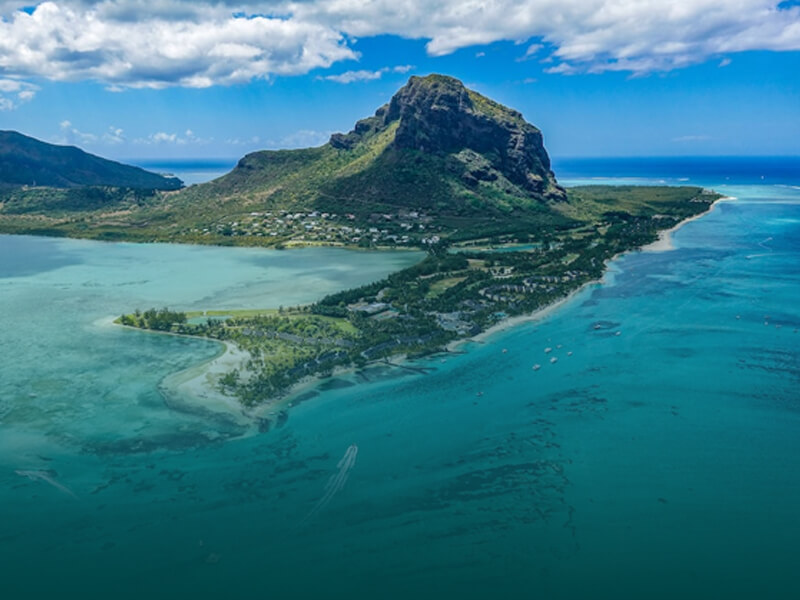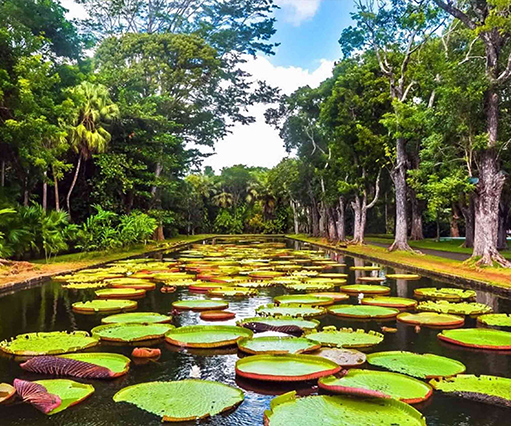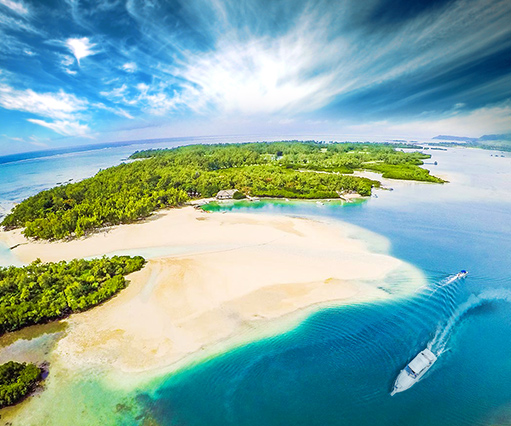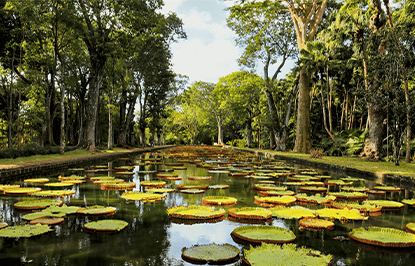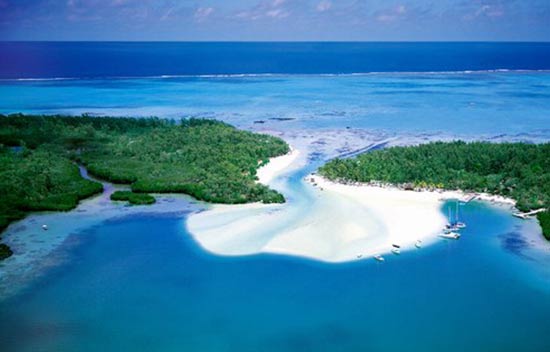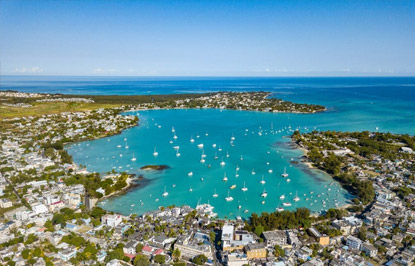Understanding Mauritius Weather Patterns
Planning a trip to Mauritius and wondering what the weather will be like?
Whether you're considering a tropical getaway or seeking a destination with perfect holiday weather, Mauritius delivers with its pleasant climate all year round.
More about Mauritius Weather:
.jpg)
Temperatures
In general, along the coastal areas, temperatures are 3 to 5 degrees higher than on the central plateau, with the western and northern regions of the island warmer and drier.
- During Summer (November to April) the temperature is around 27°C on the coast and around 22°C on the Central Plateau.
- During Winter (May to October) the temperature is around 22°C on the coast and around 19°C on the Central Plateau.
- December, January, and February are the warmest months, with an average temperature of around 27-28°C.
- July is considered the coolest month of the year with an average temperature of around 20-21°C.
Click here to read more about Temperatures in Mauritius.
Sunshine
In summer, the sun is seen from five o’clock in the morning until seven o’clock in the evening. In winter, there is less sunshine, usually from 6am until 6pm.
The North enjoys one hour more of sun during most of the year. In the Central Plateau and the Eastern region there is one hour less of sun during winter and during the wet summer months.
.jpg)
Rainfall
It is important to know that in Mauritius it can rain in one area, while only a few kilometres away the sun is shining with no cloud in sight.
If you wake up in the morning with a grey sky, don’t worry. Go for a shower, have breakfast and probably by then, the sky will be clear blue.
Some additional information on Rainfall in Mauritius:
- Rainfall varies considerably from region to region and throughout the year.
- The annual rainfall, which is about 1100mm on the North coast, increases drastically on the Central Plateau.
- The distribution during the year is quite uneven, with a marked wet period during the summer months and a relatively dry period from June to November.
- This is also reflected in the number of days of rainfall, which for the North varies from 7 days a month during the wettest month to around 1 day a month during October and November.
Torrential Rain
During the summer months, the risk of torrential rain is higher. Torrential rain conditions exist when the accumulated rainfall reaches or is expected to reach 100 millimetres in a given region within the ensuing hour.
This heavy rainfall can lead to flash floods or urban floods, with water accumulations in flood-prone areas and overflow of streams and rivers.
In such cases, the Mauritius Meteorological Services may issue flood warnings at regular intervals. You can stay updated by tuning in to local radio, TV stations or social media.
.jpg)
Sea Temperature & Sea Conditions
The temperature of the sea is higher during the summer, and in winter time the temperature of the water will drop a little.
Sea temperatures are generally pleasant throughout the year ranging from 27-28° C in summer to 23-25° C in winter. Strong anticyclones in winter may occasionally cause the sea temperature to fall by 2 or 3° C.
.jpg)
Wind
If you are planning on staying on the east and south coasts during winter, you should take into consideration the trade winds and wind chill.
The wind in Mauritius is usually blowing quite steady from easterly directions and the most constant trade winds occur in winter time from May to September.
During summer the winds mainly affect the south and east coast. The north and west regions are protected from these winds by the mountains, so during winter these areas have the best beach weather.














